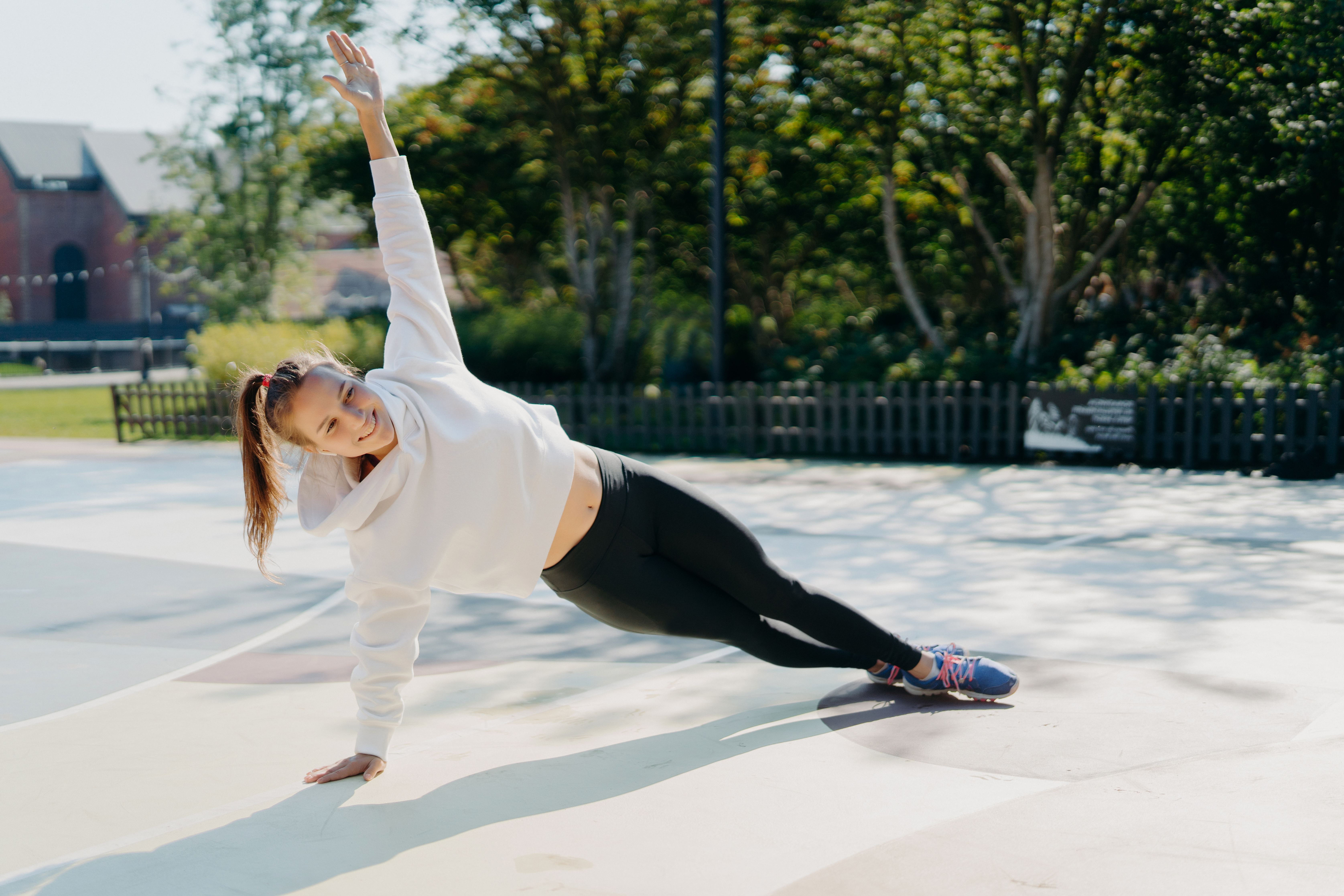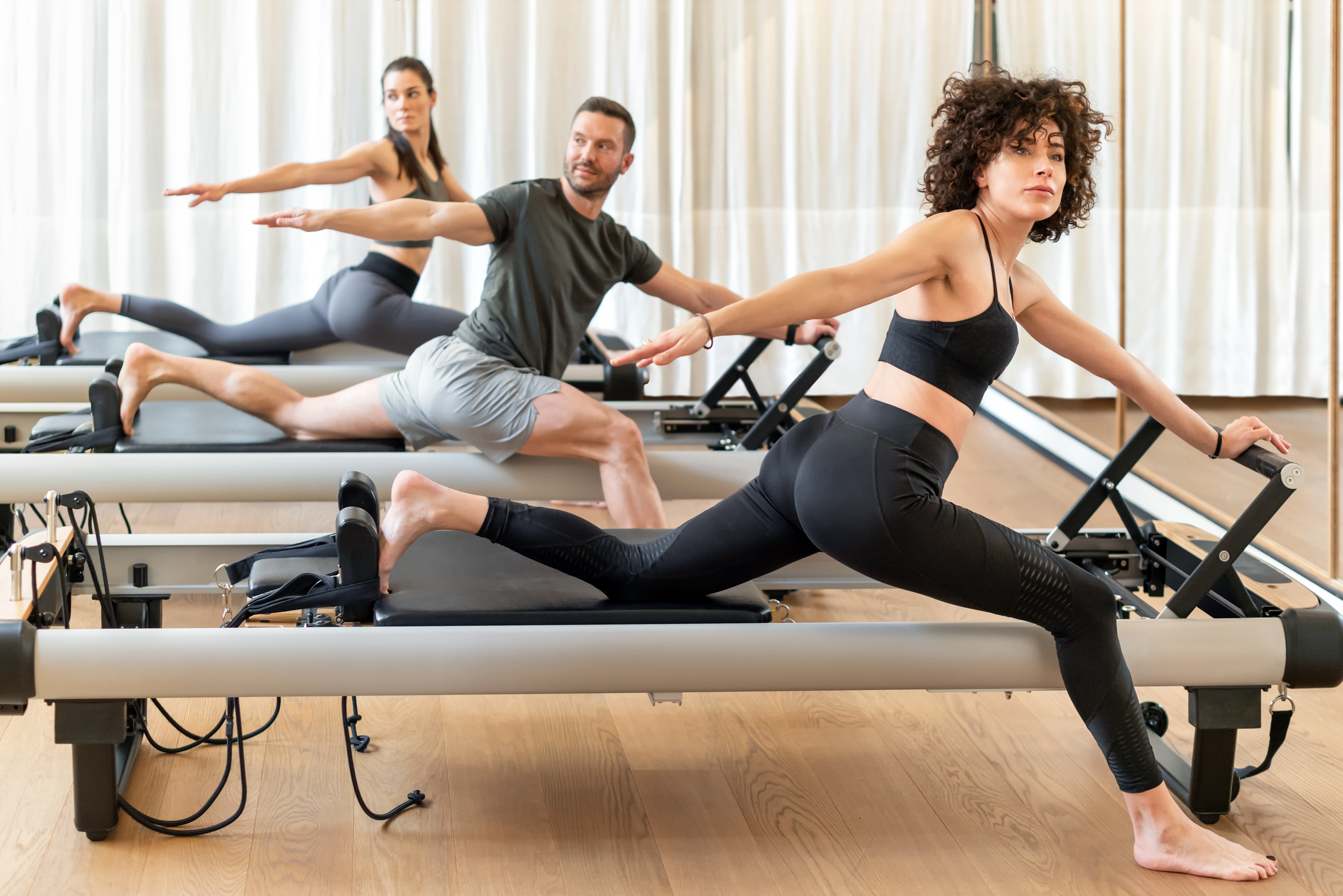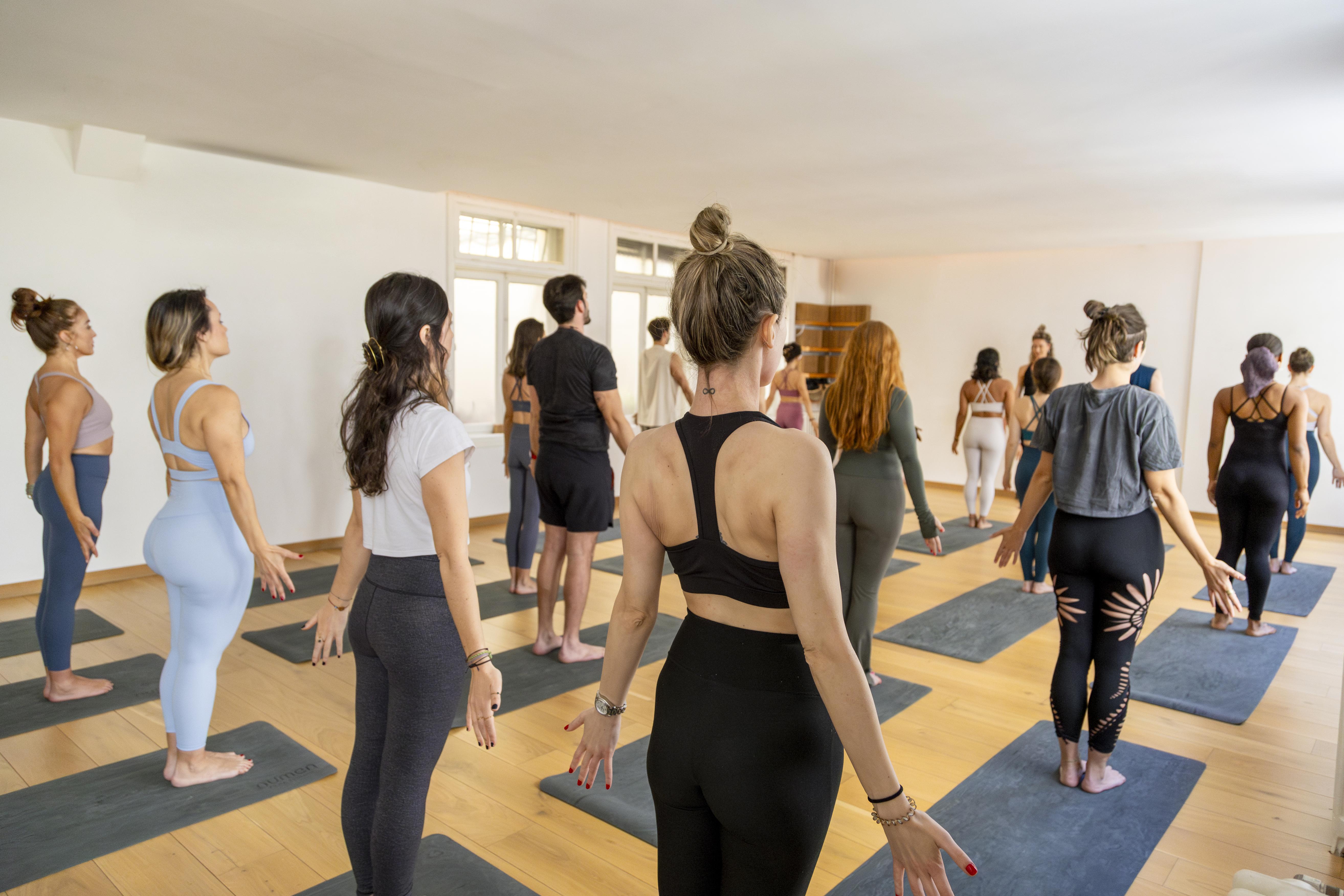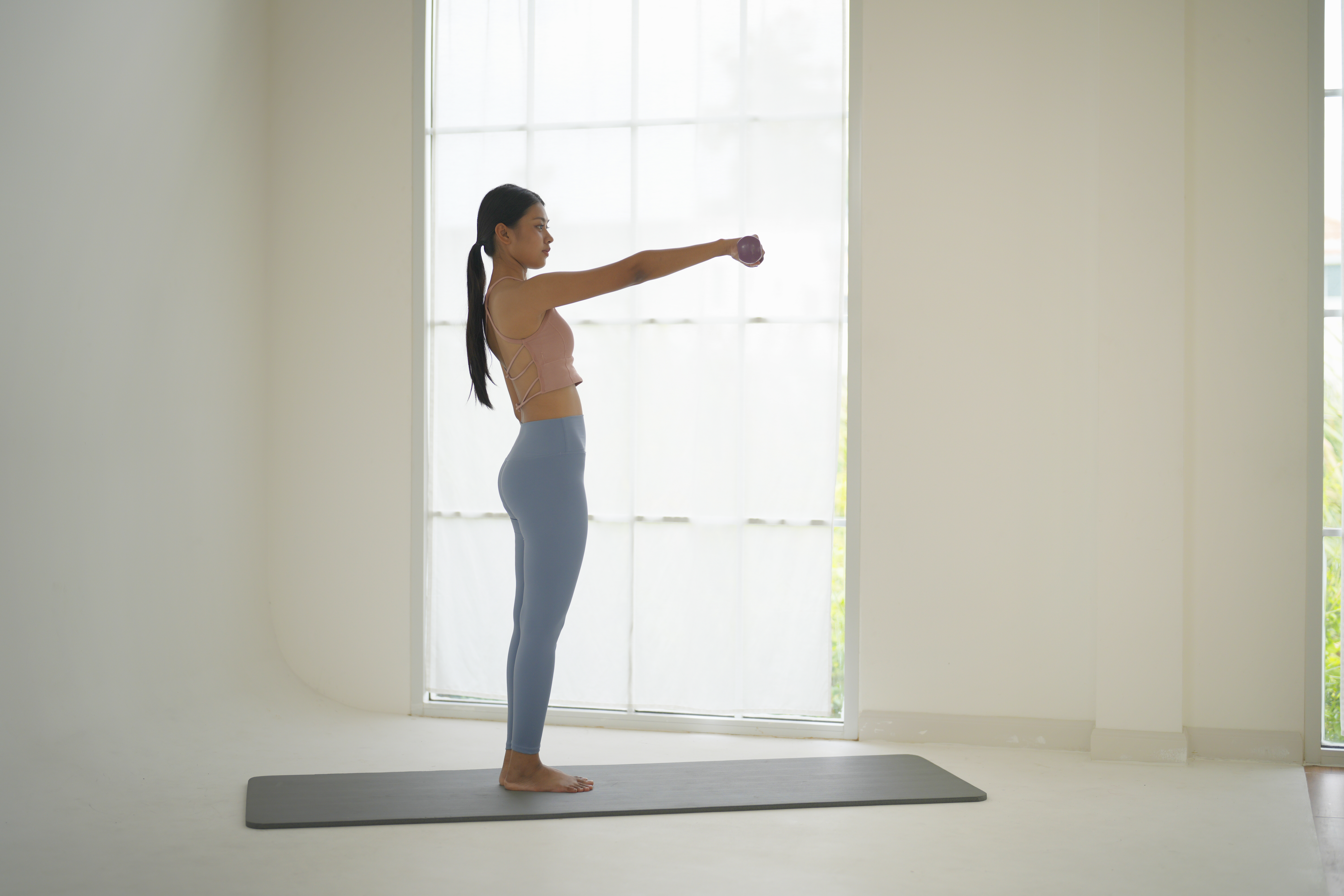10 Ways Core Strength Protects Your Brain
In the realm of fitness, core strength is often celebrated for its visible benefits like improved posture and enhanced physical performance. However, recent studies reveal a lesser-known advantage: its profound impact on brain health. This article delves into 10 compelling insights that illustrate how a strong core does more than just support your body; it silently shields your brain. By exploring the intricate connection between physical stability and mental resilience, we uncover how core strength plays a pivotal role in maintaining cognitive function, emotional well-being, and overall brain health.
1. Core Strength and Cognitive Function

Core strength is not just about sculpted abs; it is the foundation of bodily stability and balance. This stability is crucial for cognitive function, as it ensures proper alignment and movement efficiency, which in turn optimizes blood flow to the brain. Enhanced blood circulation means better oxygenation and nutrient delivery, which are essential for maintaining cognitive health. Studies have shown that individuals with stronger core muscles tend to perform better on memory and attention tasks. Thus, a robust core supports not only physical balance but also cognitive equilibrium.
2. The Role of Core Muscles in Stress Reduction

A strong core contributes to an efficient stress response system. When core muscles are engaged, they help regulate breathing patterns and reduce tension in the body. This physical relaxation translates into mental calmness, as the body’s stress hormones are kept in check. By maintaining a stable and strong core, individuals can better manage stress, leading to reduced anxiety levels and improved mental clarity. This connection underscores the importance of core exercises in fostering a resilient mind capable of handling life’s challenges with grace and composure.
3. Core Stability and Emotional Well-being

The connection between physical stability and emotional health is profound. Core exercises enhance proprioception, the body’s ability to sense its position in space, which is linked to improved mood and emotional regulation. A stable core allows for a balanced posture, which can positively influence self-confidence and the way one interacts with the world. Moreover, the endorphin release associated with core workouts contributes to a natural mood boost, promoting emotional well-being. Thus, core strength not only fortifies the body but also nurtures a positive emotional state.
4. Enhancing Neuroplasticity Through Core Workouts

Neuroplasticity, the brain's ability to reorganize itself by forming new neural connections, is crucial for learning and memory. Core exercises stimulate the brain by challenging coordination and balance, which are essential for neuroplasticity. Activities like Pilates and yoga, which focus on core stability, require concentration and mental engagement, thereby enhancing the brain’s adaptability. By incorporating core workouts into daily routines, individuals can promote neuroplasticity, ensuring a more resilient and flexible brain capable of adapting to new information and environments.
5. The Impact of Core Strength on Sleep Quality

Quality sleep is vital for brain health, and core strength plays an indirect yet significant role in improving sleep patterns. A strong core supports proper spinal alignment, reducing discomfort and pain that can disrupt sleep. Additionally, the physical exertion from core-focused exercises helps regulate sleep hormones, promoting deeper and more restorative sleep cycles. By ensuring a restful night’s sleep, core strength aids in cognitive recovery and mental rejuvenation, highlighting the interconnectedness of physical fitness and brain health.
6. Core Exercises and Enhanced Brain-Body Communication

Effective communication between the brain and body is critical for overall health. Core exercises require coordination and precise movements, which enhance the brain’s ability to send and receive signals efficiently. This improved communication ensures that the body responds accurately to the brain’s commands, reducing the risk of injury and enhancing physical performance. By fostering this brain-body connection, core strength supports not only physical agility but also mental acuity, emphasizing its role in comprehensive health.
7. The Influence of Core Strength on Brain Aging

As we age, maintaining brain health becomes increasingly important. Core strength exercises have been shown to slow the aging process by preserving muscle mass and enhancing cerebral blood flow. This increased circulation supports the delivery of essential nutrients to the brain, helping to prevent age-related cognitive decline. Regular core workouts can also stimulate the release of growth factors that promote brain cell survival and regeneration, thereby protecting against neurodegenerative diseases and supporting healthy aging.
8. Core Stability and Improved Focus

Focus and concentration are essential for productivity and learning. Core exercises require mental engagement and concentration, which can improve focus over time. The discipline and mindfulness cultivated through core workouts translate into enhanced attention spans and better task management. By strengthening the core, individuals can enhance their ability to concentrate, making it easier to tackle complex tasks and maintain mental clarity throughout the day.
9. Building Core Strength to Combat Depression

Exercise is a well-documented remedy for depression, and core strength training is no exception. The physical activity involved in core exercises triggers the release of endorphins, the body’s natural mood elevators. Additionally, the sense of accomplishment and improved self-image that comes with a strong core can combat feelings of depression and low self-worth. By incorporating core workouts into a regular fitness regimen, individuals can harness these psychological benefits, fostering a more positive mental outlook.
10. Core Strength as a Foundation for Overall Fitness

Core strength is the cornerstone of overall fitness, providing the stability and power needed for all physical activities. A strong core enhances performance in various exercises, from running to weightlifting, by ensuring proper form and reducing the risk of injury. This foundation of fitness supports not only physical health but also mental resilience, as regular exercise is linked to improved cognitive function and emotional well-being. Thus, core strength serves as a vital component of a holistic approach to health.
Embrace Core Strength for a Healthier Brain

The journey through these 10 insights reveals the multifaceted role of core strength in supporting brain health. From enhancing cognitive function and emotional well-being to promoting neuroplasticity and combating depression, a strong core is integral to a healthy mind. By understanding and embracing the connection between core stability and brain resilience, individuals can cultivate a more balanced and fulfilling life. As you embark on your fitness journey, remember that building core strength is not just about physical appearance; it is a powerful tool for safeguarding your brain and enhancing your overall well-being.
